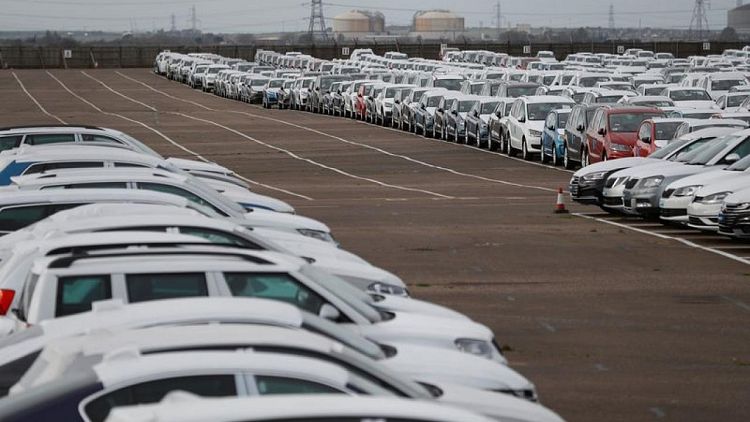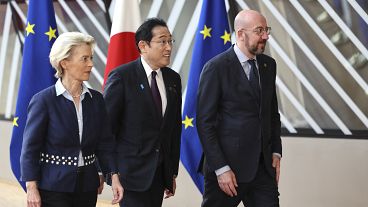By Costas Pitas
LONDON - British car production rose by nearly a third in the first half of 2021 from last year's slump, but remained down on the five-year average as the sector warned that COVID-19 continued to cause staffing and supply problems.
While factories were forced to close as the pandemic hit Britain in March last year, they have operated in 2021 with protective measures in place, although a lack of semiconductor chips has hit volumes.
Some companies have also been affected by staff having to self-isolate for catching COVID-19 or being in contact with someone who had, as cases rose in recent weeks.
Output increased by an annual 31% in the first six months of the year to 498,923 vehicles, helped by a 22% increase in June, industry body the Society of Motor Manufacturers and Traders (SMMT) said, while noting the impact of chip supply problems.
"The global shortage of semiconductors is having an ... unpredictable effect," said SMMT chief Mike Hawes. "All manufacturers are having trouble seeing exactly where their supplies are going to come from and how they are going to distribute them across their numerous plants around the world."
Production could remain below 1 million this year after a bigger-than-previously-expected hit due to the lack of chips, the SMMT said, citing an independent forecast.
The sector has also been adjusting to a new trading relationship with the EU, its biggest export market.
Announced investment rose 25% to 606 million pounds ($841 million) between January and June, thanks mainly to spending by sportscar maker Lotus (owned by Geely) and design and engineering company Gordon Murray.
Major brands including Nissan and Vauxhall parent Stellantis have this month made fresh commitments, but the sector is pushing for more battery gigafactories.
"We know there are discussions going on," said Hawes.
($1 = 0.7208 pounds)



